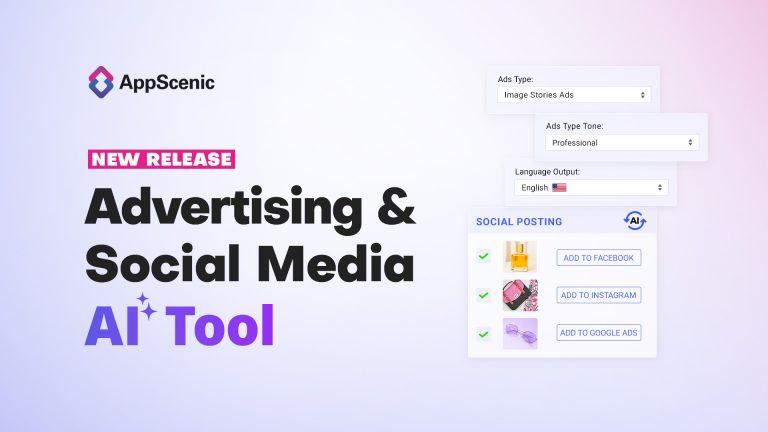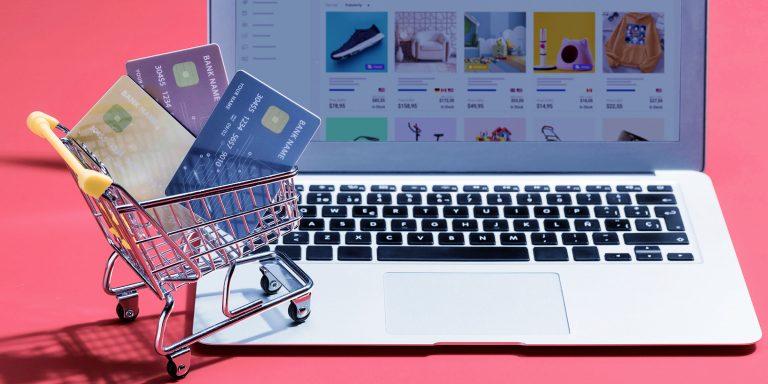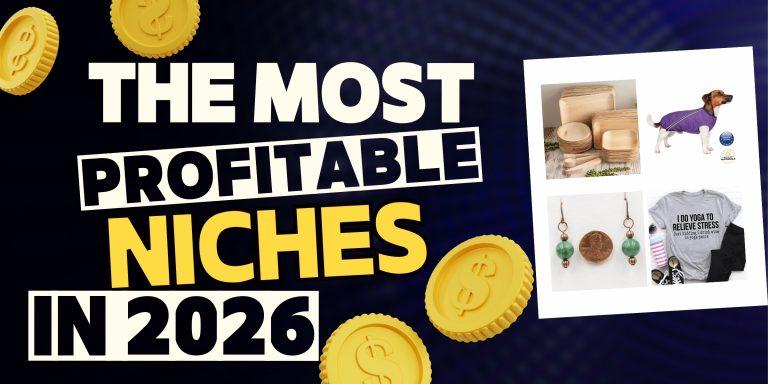Even though it’s been around for decades, the ubiquity of ecommerce and factors like the pandemic have caused dropshipping to surge in popularity. Such trends come with unfortunate downsides, like an increasing number and variety of scams that put dropshippers’ reputations, profits, and customers on the line.
This exhaustive guide will introduce you to the most common and clever scams in the dropshipping business. You’ll learn how to recognize and avoid each and what to do if you become a victim. Let’s get started!
Table of Contents
Counterfeit products
Dropshippers partner directly with suppliers, eliminating the overhead of inventory management and storage costs. That’s why they can compete with online retailers or brick-and-mortar stores and still make a profit. However, a supplier may be offering excellent prices due to selling knock-offs. This can get you into legal trouble and undermine customer confidence.
Careful vetting is the best and universal advice for dealing with most supplier-related scams. In the case of counterfeits, ask for licensing agreements and other evidence of the supplier’s direct involvement with IP rights holders. If you’re still unsure, request samples and ascertain their quality. Good fakes may be hard to tell apart, but poor-quality, weird alternate versions of iconic products are a dead giveaway.
Read more: Counterfeit Goods in Dropshipping: A Cautionary Tale
Subpar quality & fake samples
Another common scam is the ol’ bait-and-switch. A supplier will claim high production standards and excellent quality to lure you in. They’ll even send you samples that meet these expectations. Sadly, the versions customers order from your store are poorly made or lack advertised features. They’ll blame you since they assume you’re aware of the problem, tanking your reputation.
Most suppliers operate in China or Southeast Asia, so inspecting their facilities directly is likely not feasible. Still, you can ask for a video tour or hire a local agent. Always get samples before selling something to customers, preferably by posing as one yourself. Directing the sample to a friend or family member will mimic the true customer experience, giving you an idea of product and packaging quality as well as a shipping time estimate.
Read more: How to Identify a Reliable Supplier for Your Dropshipping Niche
Hidden fees
Some suppliers may offer legitimate products and excellent prices yet end up charging more than you bargained for. They’ll chalk the difference up to “service,” “processing,” or other vague-sounding unexpected fees that will eat into your already slim profit margins.
The best way to avoid this scam is to be thorough in your negotiations. Carefully examine contracts before signing and ask for clarification if you don’t understand a charge. Suppliers may offer reasonable terms in the beginning and start charging fees once you’re committed to the partnership. Don’t be afraid to walk away and look for alternatives if they display such dishonesty.
High shipping costs
Similar to hidden fees, a supplier might entice you with great prices and cover the difference with abnormally high shipping. This underhanded tactic can be even more harmful to your customer relationships. Hidden fees come with a higher baseline, so customers may pass outright. However, getting customers’ hopes up and then deflating them with absurd shipping charges feels more dishonest, and you end up taking the blame.
You can get a shipping estimate by posing as a customer when ordering samples. Compare the shipping costs to those of other suppliers in the niche. If the discrepancies are high, request that the supplier provide detailed reasoning and information to back up their claims.

Fake suppliers
While unscrupulous suppliers may try to fleece you, other scammers outright pretend to be suppliers. They set up fake websites, business information, and reviews to convince dropshippers they’re legitimate. Once you or your customers place enough orders, they take off with the money.
Again, thorough vetting is crucial. You can determine if a supplier is fraudulent by demanding to see their business license and cross-referencing provided contact information with business and phone directories, online maps, etc. You’ll also want to examine customer reviews. If there are none, or if all the positive ones sound formulaic, chances are they’re there just for show.
Inventory scams
Inventory scams work by artificially manipulating stock availability. The supplier claims a product is in stock. You offer it and a customer buys it, only for the supplier to inform you that the product is no longer available. They may then stall until collecting enough money to run or offer low-quality alternatives that make them a much bigger profit.
Avoiding this scam comes down to the supplier’s transparency. A legitimate one will use an inventory management system, like our AppScenic platform, and be happy to sync it with yours for real-time updates. Customer reviews can also clue you in, start looking elsewhere if out-of-stock items are a frequent complaint.
Phishing directed at dropshippers
Successful dropshippers start to attract unwanted attention, and cybercriminals have creative ways to steal your data. Phishing is among the most popular since it circumvents automated cybersecurity protections, hoping to fool humans.
Phishing emails targeting dropshippers take on various pretenses. The sender might claim to be a well-known supplier offering killer discounts or a new one hoping to collaborate. They may pose as a bank or payment platform looking to settle a payment dispute or a delivery service requiring order confirmation. Whatever the excuse, the goal is always to either infect your devices through malware in attachments or lure you onto fake websites and steal your login details.
Knowing how to recognize such emails, like finding discrepancies in their address or website name, will save you and your customers from data theft.
Using a VPN is also a good idea. On the one hand, the better ones have built-in blacklists that prevent unsuspecting users from visiting and getting taken advantage of by malicious websites. On the other hand, the best VPNs provide benefits in your day-to-day operations. You should keep them on to safeguard connection from prying eyes, especially when communicating with suppliers or customers and exchanging prized personal or payment data.
Chargeback woes
“Customers” may pull scams of their own. The most common is buying a product and then requesting a refund. Crooks use stolen credit card info to place orders, which the damaged party will naturally dispute if they notice the charge on their financial statement. Either way, you’re out of the product and the money with little recourse.
Since fraudsters often claim items got lost during transit, you’ll want to keep thorough track of orders and shipping stages. Tailor your refund policy to transparently outline what you’re willing to take responsibility for and the proof customers need to provide for you to honor it.
Read more: How to Handle Fraudulent Orders and Chargebacks in Dropshipping
Dropshipping-related con artists
Our final scam targets inexperienced dropshippers hoping to find ways of growing their business. Social media is full of self-professed successful dropshipping experts or gurus. They’ll flaunt their supposed wealth and pique your interest with freebies like e-books. Before you know it, you’ve wasted thousands on seminars and courses that don’t help you advance and might even provide irrelevant or counterproductive info.
Wanting to expand our knowledge is natural, but be smart about it. You’re better off joining online communities and learning from people who make their living from dropshipping, not growing their own brand. That said, some people and paid content can be genuinely useful. Make sure to see what the consensus is outside of echo chambers like their social media pages before committing, though.

What can victims of dropshipping scams do to recover?
Despite best efforts, scammers’ persistence and your lack of experience may result in successful fraud. Whether you can recover funds or pursue legal action depends on specific circumstances. Either way, expect an uncomfortable yet valuable learning experience.
Start by making a case for yourself. Gather all the contracts, transaction data, and conversation histories that document the scam. Then, you can seek legal representation that specializes in such cases or ask for a chargeback if you used secure payment means with customer protections in place.
You can also report the culprit to the authorities and organizations battling commercial fraud, like the Internet Crime Complaint Center. Be sure to let also the wider dropshipping community know so others don’t have to go through the same experience.
Being scammed, especially through phishing, can compromise various work-related and private accounts. In turn, these may offer scammers unrestricted access to customer data they can leverage to commit identity theft and other crimes. You’ll want to use a solid business password manager to ensure all your credentials are unique and complex enough to resist hacking. Even if a phishing email convinces you to enter your details, securing accounts with the manager’s two-factor authentication feature will prevent unauthorized access.
Conclusion
Contrary to some popular misconceptions, dropshipping is a legitimate and viable business with the potential to drastically impact your life and financial freedom. As you tackle fulfilling orders, managing customer complaints, and optimizing ad strategies, being aware of and knowing how to handle dropshipping scams will greatly lower the risk of becoming a victim and help you build the next successful dropshipping empire.











